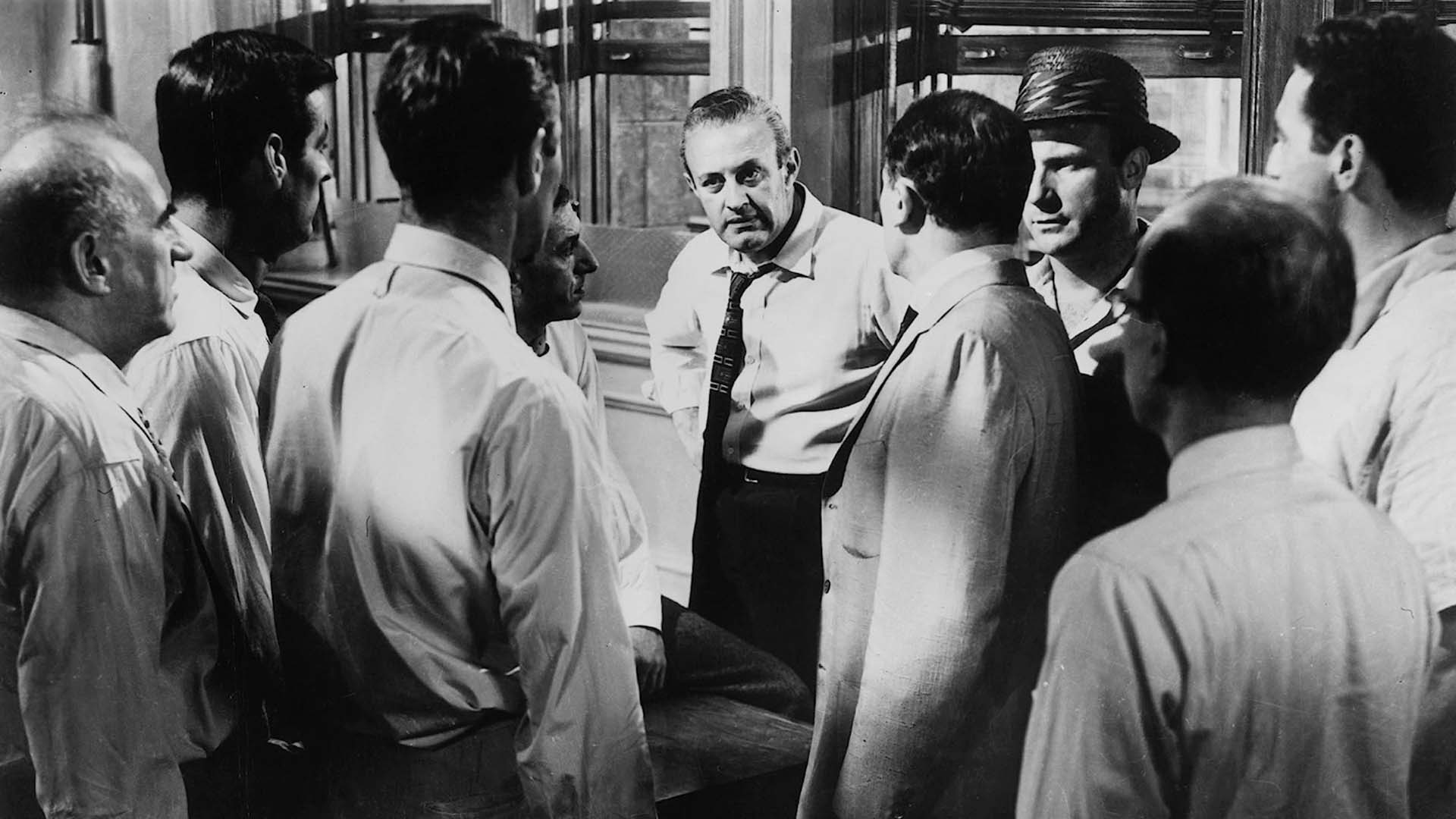Film production management decoded: Lessons from iconic films
The magic of film production is a sophisticated blend of artistry and calculated strategy.


The unsung heroes behind the scenes, the production management team, play a critical role in transforming a simple script into a cinematic masterpiece.
Dissecting film production management
Understanding the labyrinth that is production management is critical to appreciating the filmmaking process. A perfect example of effective production management can be seen in the creation of the iconic film "12 Angry Men" (1957). Despite being set in a single room, the film needed meticulous planning to maintain engagement, demonstrating the high stakes and pressure that management faces in the film industry.
The intricate art of film budgeting
Film budgeting, a cornerstone in the management of film production, needs shrewd and precise execution. The critically acclaimed "The Silence of the Lambs" (1991) is a prime example of exceptional budget management. Despite a moderate budget of $19 million, the film achieved commercial and critical success, bagging five Academy Awards and redefining the thriller genre.

Film scheduling: Mastering the clock
The importance of scheduling in the film industry cannot be overstated, acting as the backbone of film production. An excellent instance of efficient scheduling is the making of the epic film "Gladiator" (2000). Juggling varied filming locations, from Malta to Morocco, the crew managed a detailed schedule that ultimately led to a spectacular final product.

Navigating film crew management
Crew management is an integral part of film production. The teamwork and coordination displayed in the making of "12 Angry Men" (1957) under Sidney Lumet's direction showed how effective crew management can lead to an exceptional film. Despite being confined to one room, the crew's collaborative effort resulted in an enduring classic.

Equipment sourcing: Key to visual storytelling
The importance of equipment sourcing in film production cannot be stressed enough. For instance, the creators of "The Silence of the Lambs" (1991) skillfully used night-vision goggles and Steadicam to build suspense and fear, proving the indispensable role of proper equipment in storytelling.
Post-production: The final frontier
Post-production is the last but equally crucial stage in the filmmaking process. The movie "Gladiator" (2000) with its extensive use of visual effects and sound design in the post-production phase brought ancient Rome to life, showcasing the indispensable role of post-production in creating immersive cinema.
Conclusion
In our journey through the annals of film production, it's evident that exceptional production management is vital for crafting cinematic masterpieces. In this digital age, Filmustage offers a beacon of innovation for filmmakers, with tools designed to streamline everything from budgeting to crew management.
Adding to its suite of digital solutions, Filmustage has introduced a new feature: Team Access. With this feature, project sharing with your crew is now easier than ever, fostering an environment of collaboration and transparency. Filmustage’s Team Access ensures your crew is always on the same page, reducing miscommunication and increasing efficiency.
As we step into the future, Filmustage is poised to redefine the film industry, empowering filmmakers with cutting-edge tools, and setting the stage for the next era of cinematic triumphs.
From Breakdown to Budget in Clicks
Save time, cut costs, and let Filmustage’s AI handle the heavy lifting — all in a single day.